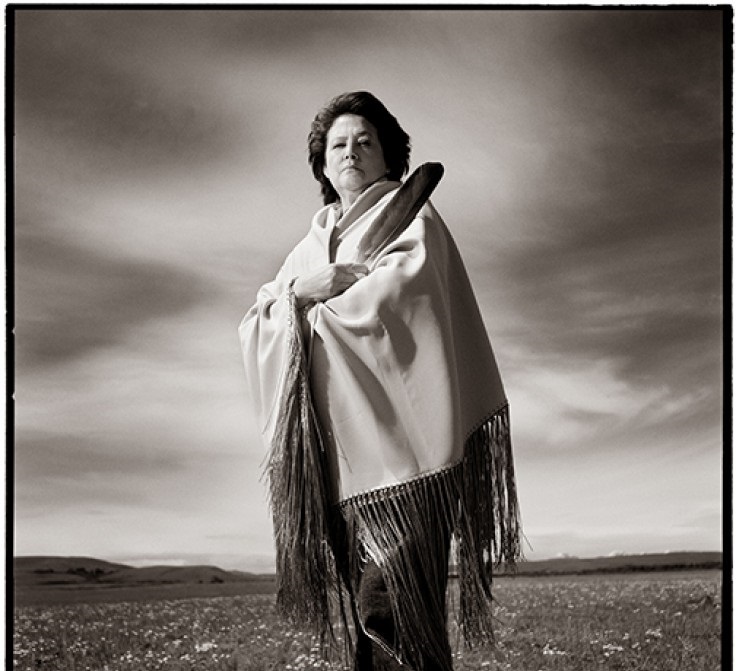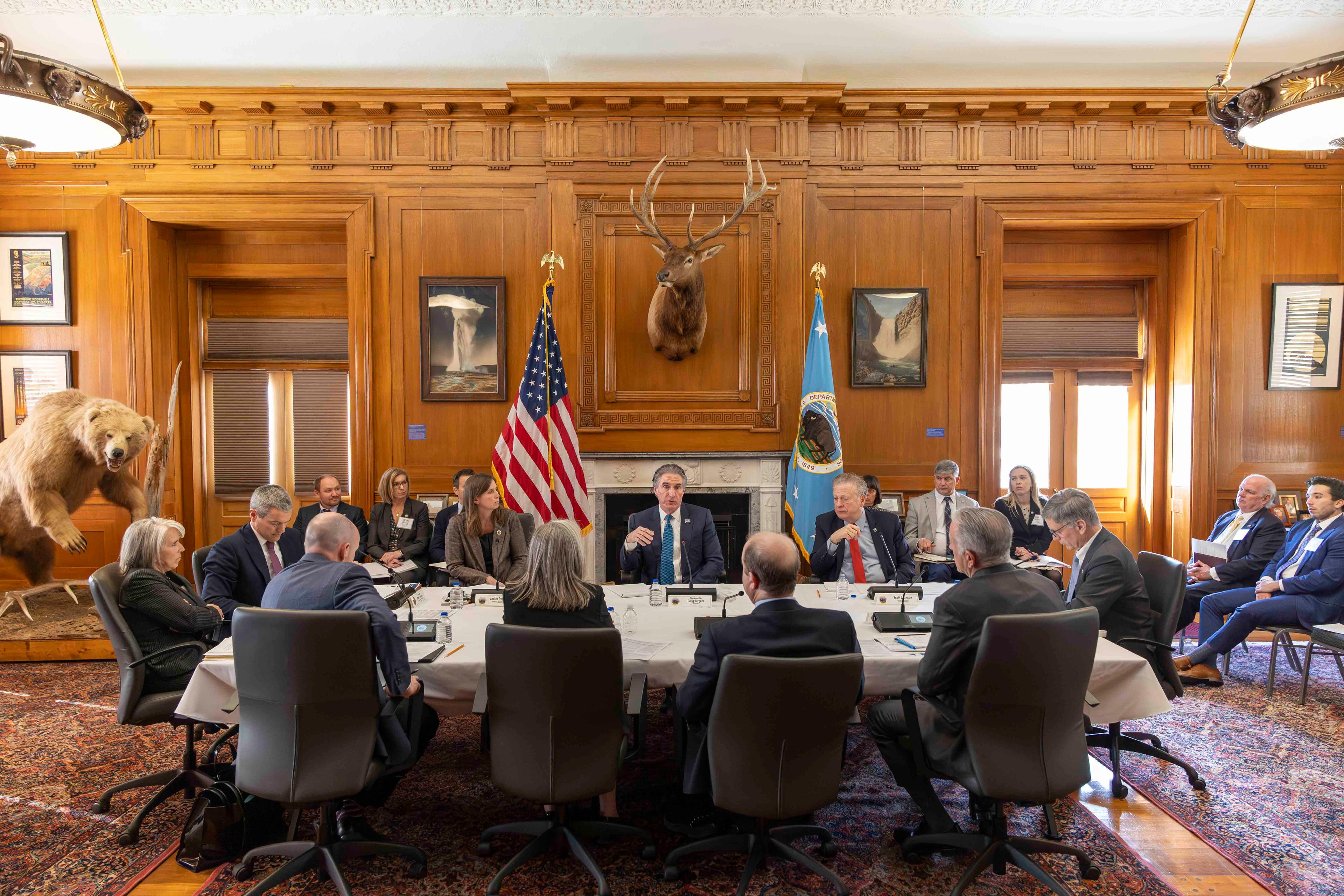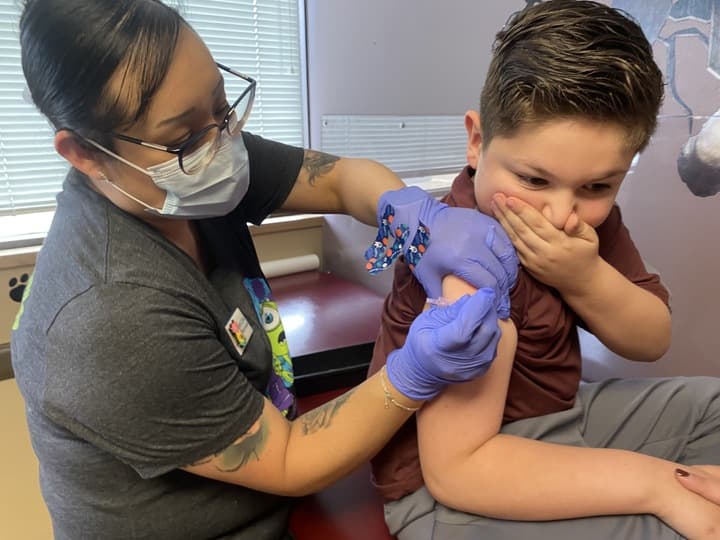

In 1996, Blackfeet activist Elouise Cobell launched the largest class-action lawsuit ever filed against the federal government. She fought on behalf of Native Americans across the West for compensation for mismanaged lands and payments.
In the new documentary film "100 Years," Cobell says, "I had never sued anybody before in my entire life, let alone the United States of America, and I said to myself, 'if you don’t do it who will?' ”
The class action resulted in a settlement of some $3.4 billion, far less than the estimated $176 billion owed, but still a victory.
In 1887, the U.S. government divided up many Indian reservations and allotted millions of acres of land to 300,000 Native Americans in tribes west of Mississippi. The Bureau of Indian Affairs was tapped to manage the lands and the Indian Trust Fund was created to disburse revenues generated by mining, oil, gas, grazing and timber leases.
In "100 Years," University of Colorado law professor Charles Wilkinson, who specializes in federal lands and Indian law, says the allotments didn't work.
"Most tribes aren’t farming tribes, and so land was leased out to non-Indians. And the same is true with tribal timber sales and tribal oil and gas operations. Those monies went to the United States to be held in trust. The United States received real dollars directly and has lost the dollars," Wilkinson says.
Nearly a century after the allotments were made, Cobell was appointed the treasurer for the Blackfeet tribe. She found evidence of mismanagement of the allotment payments and learned that many allotment holders were living in extreme poverty despite oil and gas leases on their property.
The Native American Rights Fund, headquartered in Boulder, filed the lawsuit with Cobell. John Echohawk, a Pawnee and NARF's executive director, says in the film, "when the litigation was filed to correct this broken trust fund system, it was because we realized we didn’t have to live like that anymore. We didn’t have to live on our knees."
Cobell died from cancer just four months after the final approval of the settlement in 2011.
Colorado Matters host Ryan Warner speaks with “100 Years” filmmaker Melinda Janko of Los Angeles. The film screens Feb. 10, 2017 at the Arvada Center.
Related:








